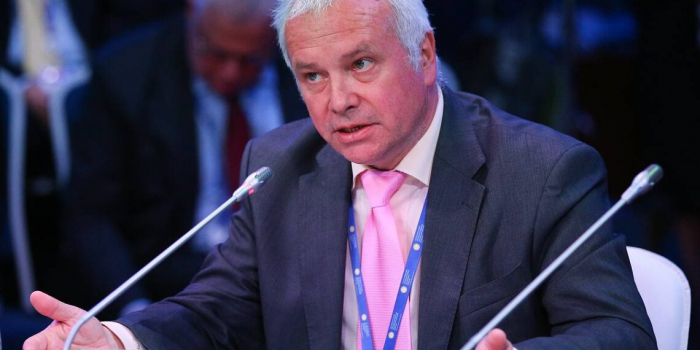“One of the results is that Germany has become a leader in the European Union in trying to resolve the Armenia-Azerbaijan conflict. Germany, not only theoretically, but also in practice, will do everything possible to resolve this problem, including the possible deployment of a mission or forces to ensure peace in the South Caucasus,” the expert said.
Rahr stressed that Germany advocates that the borders established after the collapse of the USSR remain unchanged.
“We are currently witnessing in the example of Ukraine what changes in borders can lead to. Germany fears such a scenario. In this regard, the Azerbaijani President’s visit to Germany was very interesting. In addition, Germany sees Azerbaijan as an economic partner to strengthen its energy security, and German business hopes to invest in the liberated Azerbaijani territories,” he added.
The German expert noted that Europe, after the start of the Russia-Ukraine war, threw all its forces, including diplomatic ones, to oust Russia.
At the same time, the expert expressed doubts that the European Union has the potential to start playing a leading role in foreign policy in the post-Soviet space.
“But Europe will try to do it. France tried in its own way, but it failed. Now Germany will try. The purpose of this is to weaken Russian influence in the post-Soviet space, in particular in the South Caucasus. And at the same time, Germany is trying to get a reliable supplier of gas and oil for the EU in the face of Azerbaijan. This is the kind of short-term plan hatched in Berlin,” he said.
Rahr also pointed out that at present German business is interested in joint production of green energy with Azerbaijani businessmen or its sale to Azerbaijan.
More about:
















































